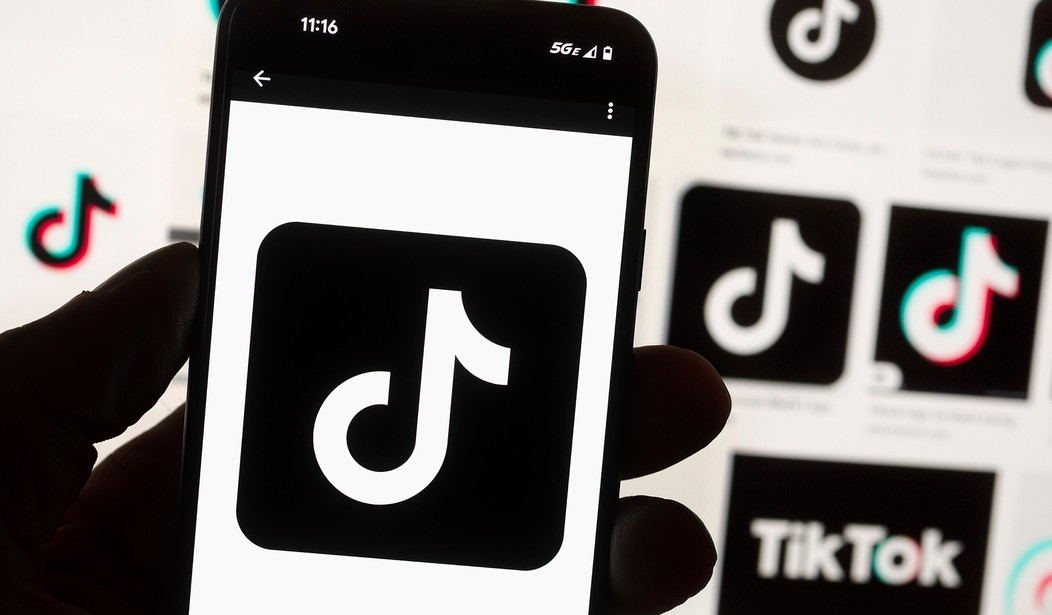NYU social psychologist Jonathan Haidt, who has always struck me as sensible and thoughtful, has penned an essay at The Atlantic, arguing that schools should ban students from having smart phones throughout the day. He sets the scene by describing now-familiar concerns he's heard from educators and administrators: Kids are more anxious and depressed than ever, and many of them are indisputably addicted to the powerful mini-computers in their pockets -- or, perhaps more often, in their hands, eyeballs glued, minds elsewhere:
In may 2019, I was invited to give a lecture at my old high school in Scarsdale, New York. Before the talk, I met with the principal and his top administrators. I heard that the school, like most high schools in America, was struggling with a large and recent increase in mental illness among its students. The primary diagnoses were depression and anxiety disorders, with increasing rates of self-harm; girls were particularly vulnerable. I was told that the mental-health problems were baked in when students arrived for ninth grade: Coming out of middle school, many students were already anxious and depressed. Many were also already addicted to their phone. Ten months later, I was invited to give a talk at Scarsdale Middle School. There, too, I met with the principal and her top administrators, and I heard the same thing: Mental-health problems had recently gotten much worse. Even many of the students arriving for sixth grade, coming out of elementary school, were already anxious and depressed. And many, already, were addicted to their phone.
Coming out of elementary school. Haidt posits an incomplete but constructive solution: No more phones in schools, period. Much of his logic is hard to argue with:
Think about how hard it is for you to stay on task and sustain a train of thought while working on your computer. Email, texts, and alerts of all kinds continually present you with opportunities to do something easier and more fun than what you’re doing now. If you are over age 25, you have a fully mature frontal cortex to help you resist temptation and maintain focus, and yet you probably still have difficulty doing so. Now imagine a phone in a child’s pocket, buzzing every few minutes with an invitation to do something other than pay attention. There’s no mature frontal cortex to help them stay on task. Many studies have established that, despite schools’ rules against it, students check their phone a lot during class, and that they receive and send texts if they can get away with it. Their focus is often and easily derailed by interruptions from their device. One study from 2016 found that 97 percent of college students said they sometimes use their phone during class for noneducational purposes. Nearly 60 percent of students said that they spend more than 10 percent of class time on their phone, mostly texting. Many studies show that students who use their phone during class learn less and get lower grades.
Recommended
That study was published seven years ago. Has the ubiquity of smart phones, and resulting screen time addiction, gotten better or worse since then? We all know the answer to that question. Haidt pushes back against the potential counterpoint that "maybe the smarter students are just better able to resist temptation," citing "experiments using random assignment likewise show that using or just seeing a phone or receiving an alert causes students to underperform." He goes on to make an even broader point:
The problem is not just transient distraction, though any distraction in the classroom will impede learning. Heavy phone or social-media use may also have a cumulative, enduring, and deleterious effect on adolescents’ abilities to focus and apply themselves. Nearly half of American teens say that they are online “almost constantly,” and such continuous administration of small pleasures can produce sustained changes in the brain’s reward system, including a reduction of dopamine receptors. This shifts users’ general mood toward irritability and anxiety when separated from their phones, and it reduces their ability to focus. That may be one reason why heavy phone users have lower GPAs. As the neuroscientists Jaan Aru and Dmitri Rozgonjuk recently argued: “Smartphone use can be disruptively habitual, with the main detrimental consequence being an inability to exert prolonged mental effort.” But smartphones don’t just pull students away from schoolwork; they pull them away from one another too.
Phone addiction isn't only about distraction, learning loss, reduced academic performance, lack of focus, and diminished attention spans (which would be especially acute among kids, considering how many grown adults struggle with this issue). It's also about mental health and socialization. A constant flurry of texts and social media posts surely help deepen and exacerbate traditional insecurities prevalent among tweens and teens. It's like having an instant popularity score available at all times, with destructive, insidious comparisons omnipresent. Drumming these devices out of school buildings increasingly feels like a no-brainer. It's not technophobic fuddy-duddyism to explore these questions. In fact, it's probably essential.
Some parents may object that they feel more comfortable having the ability to connect with their students to check in, coordinate pick-ups, etc. That's understandable, but as an older Millennial, I grew up without access to smart phones. I wasn't allowed to have a low-tech cell phone until I could drive. And I can recall very, very few instances in which my parents urgently needed to contact me during the school day. Ever. When communications were necessary, we figured it out. We all managed to do this, in fact, over multiple generations. Those may feel like the dark ages to some extent, but would a partial, targeted return to those dark ages really be so bad? Is the convenience of instantaneous connection really worth all the other demonstrable and deleterious trade-offs?
We also delved a bit into the issue of American kids' happiness/anxiety/depression in this post earlier in the week. Modern technology and postmodern ideology seem to be inflicting real harm on children. This should matter greatly to our society, and spark important conversations. Additionally, perhaps adults could also help reduce these mental health problems among minors by not exaggerating threats or engaging in politically-motivated, misleading, fear-mongering hysteria about what's happening in the world and in society. I'll leave you with this relevant example:
The paragraph that precedes this is: "So when Tennessee began passing legislation that could limit the discussion and teaching of Black history" and meanwhile "African American" shows 54 times in TN's social studies standards https://t.co/nRJJZAHghr
— Zaid Jilani (@ZaidJilani) June 7, 2023
Tennessee also has state standards for current events, it's not only black history they're teaching. pic.twitter.com/Kqdzayprow
— Zaid Jilani (@ZaidJilani) June 7, 2023

























Join the conversation as a VIP Member